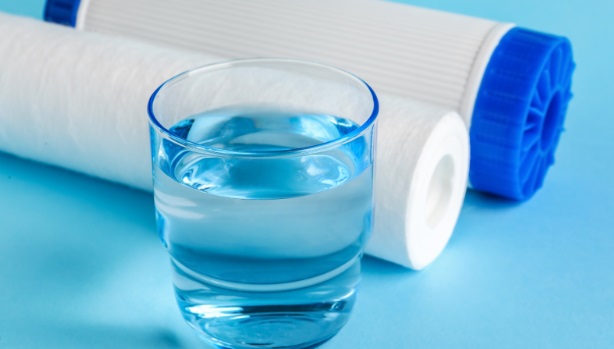
Clean water isn’t just about taste; it’s about keeping your household healthy and safe. Picking the right water filter can feel overwhelming, especially with lots of options on the market. The right system gives you peace of mind and ensures water tastes fresh straight from the tap. If you’re planning to buy a water filter, these seven practical tips will guide you to the best choice for your home and lifestyle.
1. Know Your Water Quality
You can begin to narrow your options here as well; testing to check for contaminants like chlorine, lead, or sediment can help you determine what kind of filter you need. And by knowing what’s in your water, you can select a filter that matters. Without testing, you could be venturing to spend on a system that doesn’t address the primary issues and may leave you with water that isn’t as clean or safe as possible.
2. Pick the Right Type of Filter
Taste with activated carbon filters, heavy metals with osmosis systems, and bacteria with UV filters. An enlightenment as to which type entices your household can go a long way. For instance, a large family concerned about lead may prefer reverse osmosis, whereas someone focused on taste may be satisfied with activated carbon. Pairing the type of filter to your needs guarantees you’ll have water that is safe.
3. Consider Capacity and Flow Rate
The amount of water you use each day will have a significant impact on the size and type of filter you select. Larger families or larger homes with high use of water need systems with greater capacity. Flow rate is also a concern; a filter that is too slow is just going to annoy you, especially in the kitchen. Achieving sweet spots for capacity and flow rate keeps the system even with daily demands.
4. Look for Certification and Standards
Opting for a product that is compliant with water safety standards means it has been tested to work. Certification from agencies you trust provides the confidence that your tap water is safe. As an individual, you are in luck, especially if you buy a water filter in Australia. Choosing a certified system will ensure that you don’t have to ponder the quality, in the sense that you are guaranteed it will perform.
5. Consider Maintenance and Replacements
And remember, all filters need to be maintained, cleaned, and have cartridge changes applied. Before you buy, consider how hard it is to find replacement parts and to follow the instructions. Some systems allow for quick cartridge swaps; others make you work for it. Choosing a filter that is good at avoiding clogs helps it do its job better and keep more time and grief away from you while it’s on the job.
6. Review Installation Needs
Keep in mind that some filters are easy to install under the sink, while others require a professional. That’s why you should think about the space you have and how up for a challenge you are when it comes to installing it yourself. Additionally, choosing a system that suits your kitchen and your skill level eliminates headaches and simplifies the process of getting non-funky water as quickly as possible.
7. Check for Extra Features
Always remember that today’s water filters are much more sophisticated than mere water filtration. Such features as smart monitoring, leak detection, or multi-stage systems can increase convenience, water quality, and even longevity of the filter. This is not a requirement, but prioritising features that will benefit you will make life so much easier, and you can make the most out of your purchase.
Making the Smart Choice So Your Family Are Safe
When it comes to selecting a water filter, it’s about knowing your water, choosing a system that is right for you, and factoring capacity, certification, and maintenance into your decisions. By spending money upfront and buying a water filter, you can ensure that quality and ease-of-use provide you a long-term solution to keeping you certified, hydrated, and healthy.



